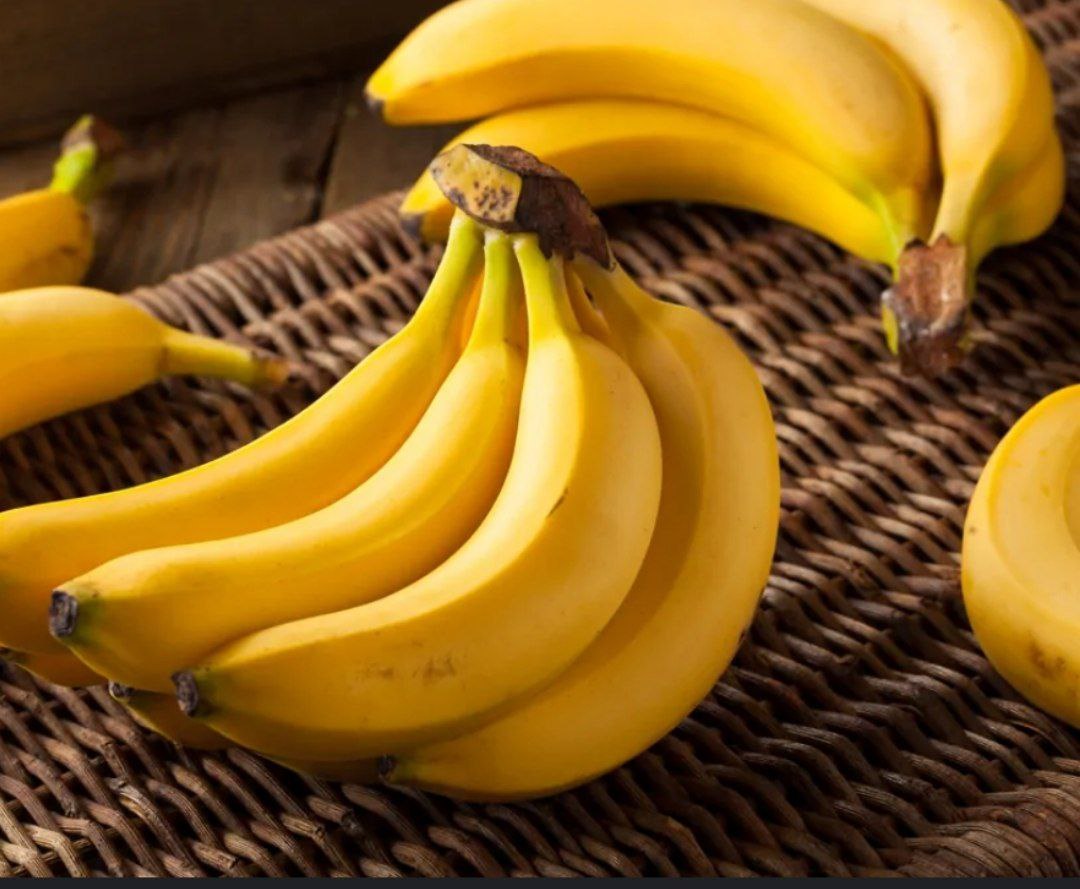Beijing has set quotas for exports of rare earths, which are critical to the manufacture of high-tech products.
It is the first WTO case to be filed jointly by the US, EU and Japan.
They argue that by limiting exports, China, which produces more than 95% of the world’s rare earth metals, has pushed up prices.
China denied the allegations, saying that it had enforced the quotas to ensure there was no environmental damage caused due to excessive mining.
“We think the policy is in line with WTO rules,” said Chinese foreign ministry spokesman Liu Weimin.
“Exports have been stable. China will continue to export, and will manage rare earths based on WTO rules,” he said.
The 17 metals are used in electrical products, as well as many renewable energy devices.
There have been concerns that Beijing has implemented the quotas in a bid to ensure that prices remain low within China, which would give its manufacturers an advantage.
But Ivor Shrago, chairman of the mining services firm Rare Earths Global, said the US was in trouble because it took the wrong decisions in the past.
“They took a deliberate decision about 20 years ago not to develop [rare earth mining] and instead to buy the completed products,” he told BBC News.


















